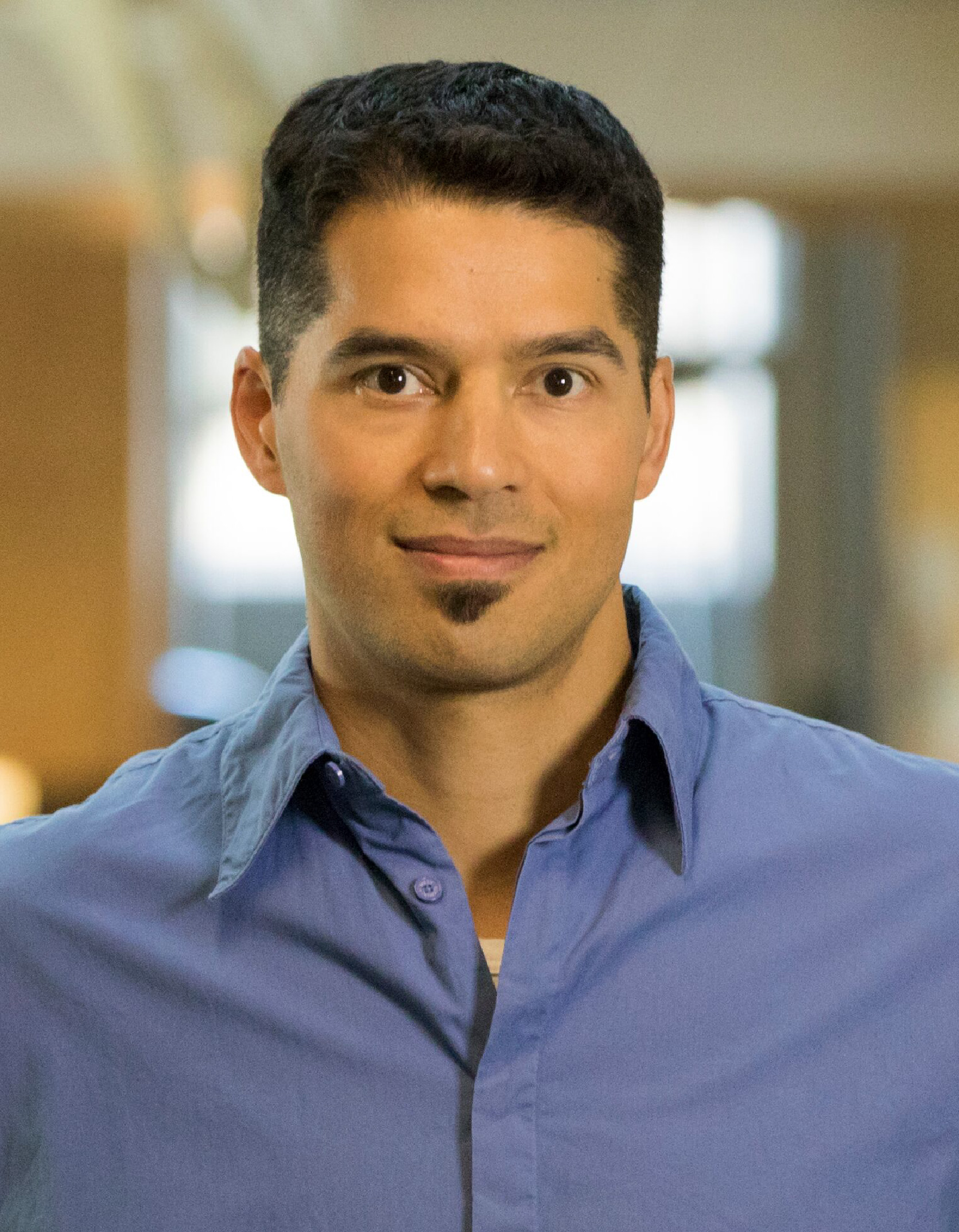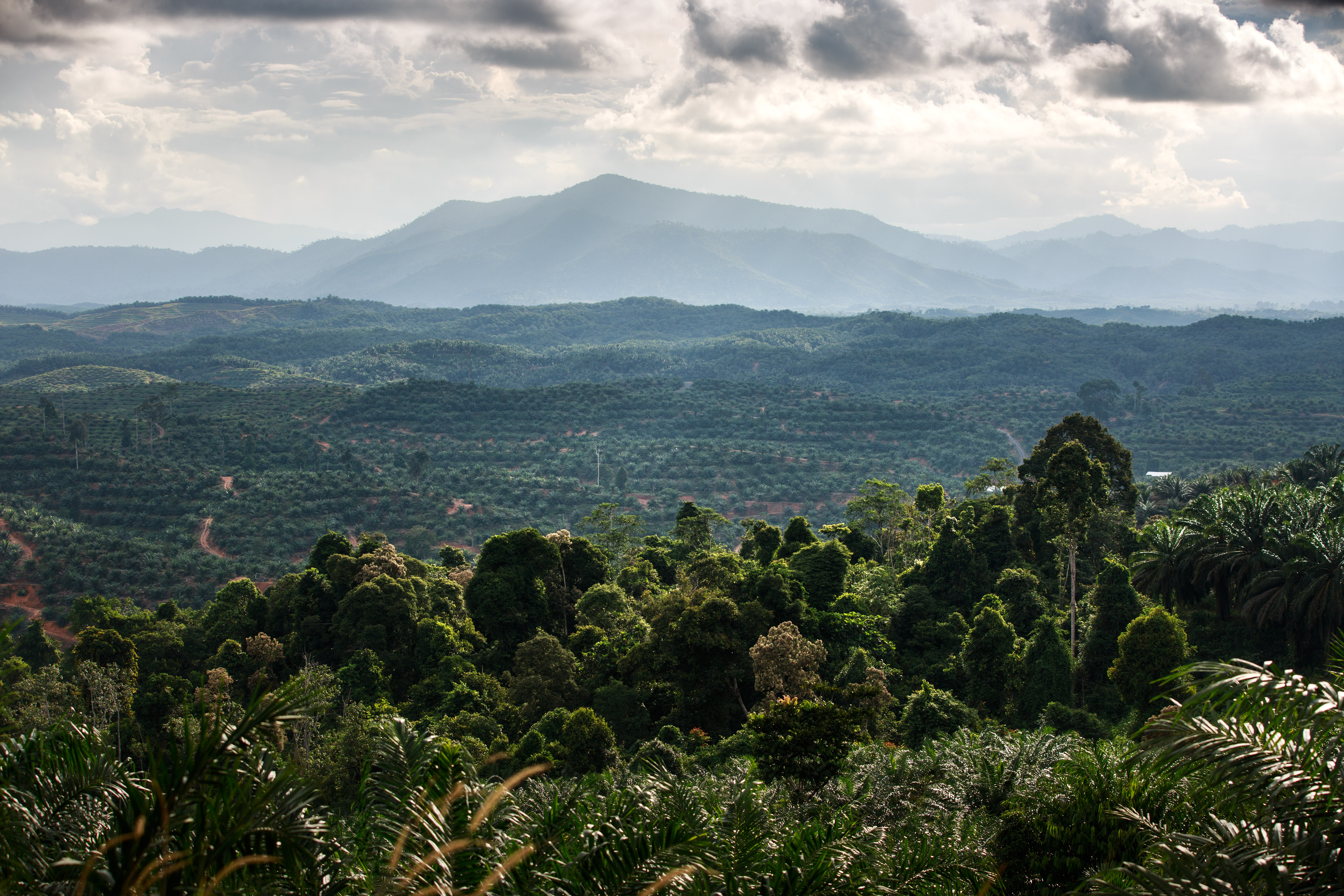1.What role does your research play in the movement towards sustainable palm oil?
My research seeks to understand how we can leverage existing values into transformative change towards sustainability, which is in direct parallel to RSPO's search for market transformation.
We've found lots of evidence that values consistent with environmental responsibility are actually shared very broadly in many populations. We also have evidence of several innovative ways to tap into these, including the notion of re-imagining 'payments for ecosystem services' as 'rewards for environmental stewardship'.
2. Within your profession you seek to understand how social-ecological systems can be transformed to be both better and wilder. Are there any learnings that can be applied to the palm oil industry?
The notion of 'better and wilder' is that we can often improve systems in ways that benefit both people and nature. Palm oil presents many such opportunities. For example, helping smallholders secure land-tenure is crucial to helping them boost yields (sometimes by up to five times or more) and also to investing in sustainable production methods, as under certified sustainable palm oil (CSPO).
The other point of 'better and wilder' is that individuals and firms can have numerous net-positive impacts on both people and nature e.g., by mitigating some of their negative impacts, which is an idea that is often much more empowering than having less-bad impacts.
3. The theme of this year's Roundtable Conference (RT16) was 'A renewed commitment to achieving market transformation'. What are some of the key challenges you think the industry is yet to overcome before this is achieved?
It's become increasingly clear that RSPO and its members must engage with consumers directly, and in a positive way. Engagement with consumers has been largely left to anti-palm oil organisations, which has really undermined the move towards CSPO. It's time to provide people with ways to contribute net-positively to the transformation towards sustainability.
4. You moderated the 'Building Support for Jurisdictional Approaches' plenary, what were some of the key points that need addressing by the panel?
I challenged the panel to discuss how investors and other organisations could help ensure that jurisdictional approaches truly reduce deforestation and settle land-claims fairly. There's a real question as to whether this will happen without others holding these ambitious jurisdictions' feet to the fire, so to speak. Corruption is an unfortunate reality in some of these jurisdictions, which could be a big problem if left unaddressed. It's the elephant in the room.
5. What was one outcome you wanted to see from the multi-stakeholder discussions at RT16?
I wanted to see a renewed commitment to the ongoing evolution of standards, to ensure that RSPO addresses the real issues and continues to strive for real sustainability. I saw that, including in the assembly's overwhelming 'yes' vote for the new Principles and Criteria.
Click here to read more about the RSPO's new standards for sustainable palm oil production, ratified by RSPO members at the General Assembly on Thursday 15th November.



